From the Daily Mail:
In the United Arab Emirates, if you are caught swearing, you could face a fine, jail or deportation. The country’s penal code states that ‘swearing disgraces the honour or the modesty of a person’. The law does not just include a spoken word, it extends to text messages and social media, including ‘indecent’ emojis.
I wouldn’t just be fucked, I’d be FUBAR.
And unlike the Florida law (banning farting in public after 6pm) which, I would guess, is never enforced, the Muzzies would definitely go after you just for calling someone a dumb motherfucker.
Not that the UAE (nor any of the Arab/Muzzy states) would be on my travel list anyway.
All the other laws in the article are just good examples of government overreach, except this one:
In Norway, Sunday is a day of rest and by law, you are not allowed to carry out any activity that makes a lot of noise – and that includes mowing your lawn. If your neighbours do call the police after they catch you mowing your lawn on a Sunday, officers could tell you stop. And if you don’t they could visit your home and hand out a fine.
Having lived in a house where one neighbor thought it was just peachy to mow his lawn at 6.30am (“to avoid the heat”), I could support this law — but instead of getting the fuzz involved, I’d be happy to apply a little corrective action on my own behalf, with a defense to prosecution requirement.
And no, I wouldn’t shoot the inconsiderate asshole (I’m not a complete barbarian); but he would need to get a new lawnmower afterwards.







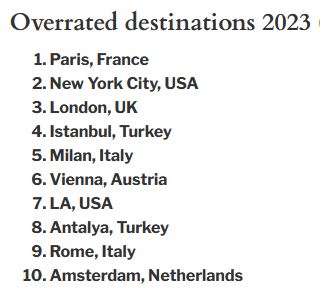
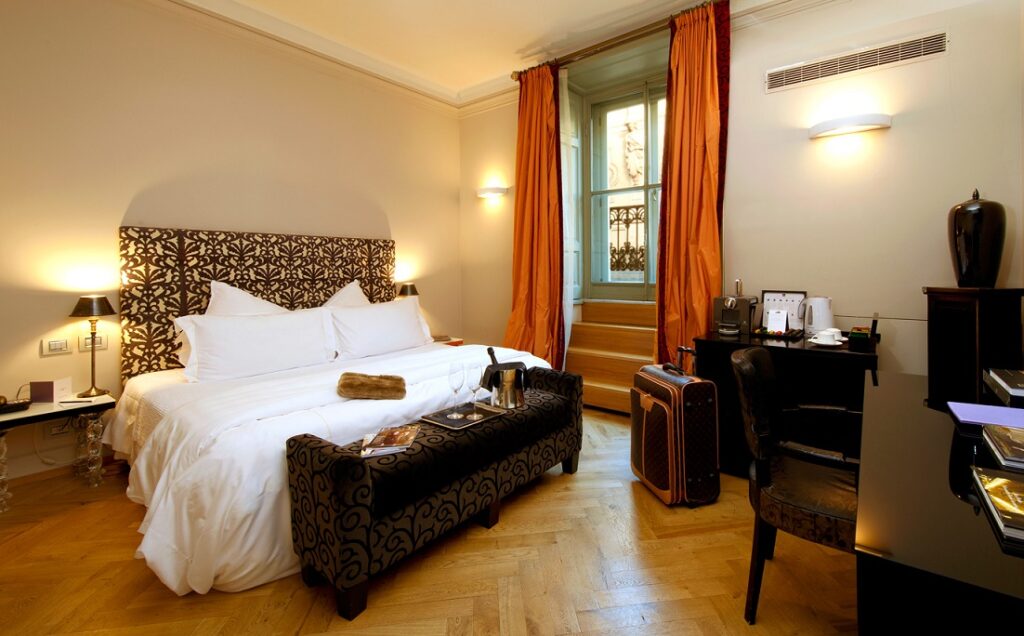



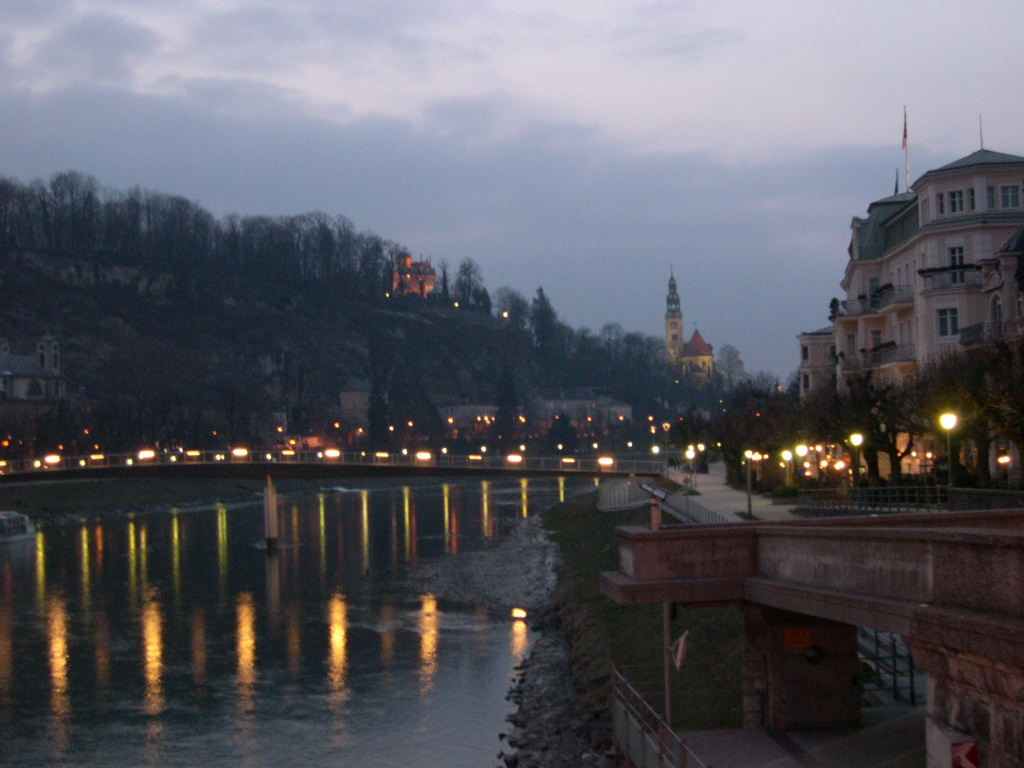
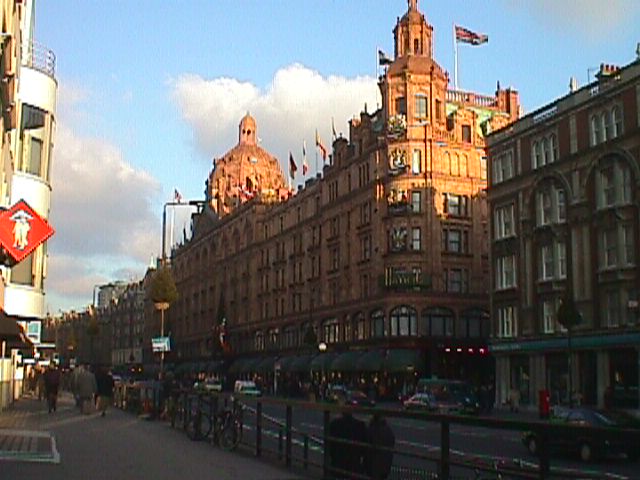
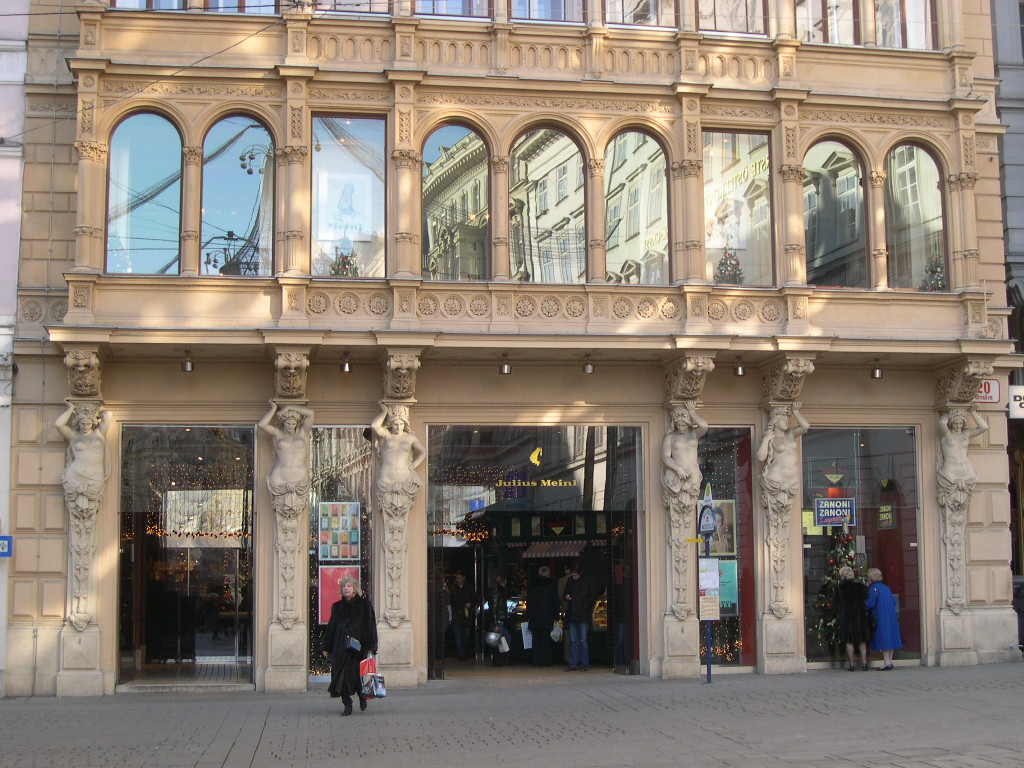
So our gracious host made a distinction I found rather interesting that I’d like him to expand up on if possible. I recently started working for a travel company and we get some interesting international travel benefits as part of our compensation package so international travel is likely in my future.
What do you define as the difference between being a tourist and being a traveler? More importantly, how does one actually be a traveler rather than a tourist?
I’ve alluded to this often, but perhaps it’s time I gave it the full treatment.
Tourists often travel in groups and only go to the “recommended” places (e.g. the Louvre in Paris, Madame Tussaud’s in London, Sistine Chapel in Rome, and so on).
They will not be adventurous at all, whether exploring off-the-beaten-track places or trying the local cuisine — especially if it’s quite different to what they get at home. (Eating spaghetti or pizza in Naples is pretty much the same as eating it in New York or Des Moines, for example.)
They’ll go to England, visit London and maybe Bath — but in Bath, they’ll visit the Roman baths museum and not eat at the Pump Room, for instance, or try any of the delicious local pies.
British tourists will go to Spain or the Algarve and complain when they can’t find Egg & Chips on the menu. Ditto Americans who will eat at the local Burger King, don’t get me started.
Tourists will always try to convert the local currency to their own before making a purchase, just to make sure they’re not getting ripped off. If you start with the premise that everywhere is more expensive than the U.S. (except in the Third World), you’ll be a lot more relaxed about it.
Lastly, tourists will wear the same clothes overseas as they do at home, rather than trying to blend into the place they’re visiting. Americans are absolutely the worst in this regard.
All tourists — American, German, British, Japanese or African, whatever — are loud and awful, and a good indicator of where not to go is if the place is full of them. A bar full of drunken Brits singing football songs in any country except the U.K. will get me out of there quickly.
Now for the good stuff.
Travelers want to visit foreign places and take in the way of life there, whether the architecture, the customs, the food and drink, how people dress (and will dress as close to the locals as possible), and how the locals live, in general. (When I was in London once, I was asked by some Brit friends whether I’d want to have dinner at some “Texas BBQ” restaurant. Feel free to imagine my response.)
Yes, they will go to the “sights”, but generally out of season (when the locals go), but will shun long lines and queues regardless.
In fact, “out of season” is generally the best time to travel (unless the weather means that everything’s closed, e.g. New England or the French Riviera in January). And bad weather is not necessarily a deterrent, by the way — it was only when I experienced London in January, for example, that I appreciated why the locals flee Britishland for warmer climes.
Travelers can be found in restaurants where they are the only patrons not speaking the local language. And speaking of languages: travelers will make an attempt to speak the local lingo rather than insisting on everyone speaking English, even if just a few sentences learned prior to the trip. And they’ll speak quietly, the same as the locals do, and not bray in loud tones so that everyone can hear their opinions or stories.
Oh, and you’ll never find travelers standing in the street with a phone, guidebook or map in hand, trying to figure out where they are; they’ll step inside a shop or pub first before looking, but most of the time they’ll have figured out where to go before leaving the hotel, gasthaus or b&b.
As for clothing: you’ll want to be mistaken for a local and not a tourist — this as much for safety as good travel etiquette. If you can, take the bare minimum of clothing with you, and buy local stuff on Day 2. (Pro tip: in western Europe, H&M is the place to go for inexpensive clothing — their merchandise is completely different from U.S. H&M — and of course Marks & Spencer in Britishland — Primark for less expensive stuff). Oh, and work out the sizing nomenclature before you go — keep a cheat sheet on hand if necessary. As a rule of thumb: most Euro clothing is sized smaller than their U.S. counterparts, so beware. Generally speaking, I decide on a color palette (navy blue/black or dark brown/dark green) before I go, and then buy accordingly.
Finally: wear good walking shoes, and not sneakers / trainers. The Euros understand this because they walk all over the place. (I’ve found Mephisto Arthis or Davy walking shoes to be the best option — I have a black and brown pair of Arthis — but YMMV.)
I hope this helps, and gives everyone at least a direction in which to go if you want to visit foreign lands and appreciate / enjoy them.
In order: Rome, Vienna, Bath and Edinburgh (eating parrutch):